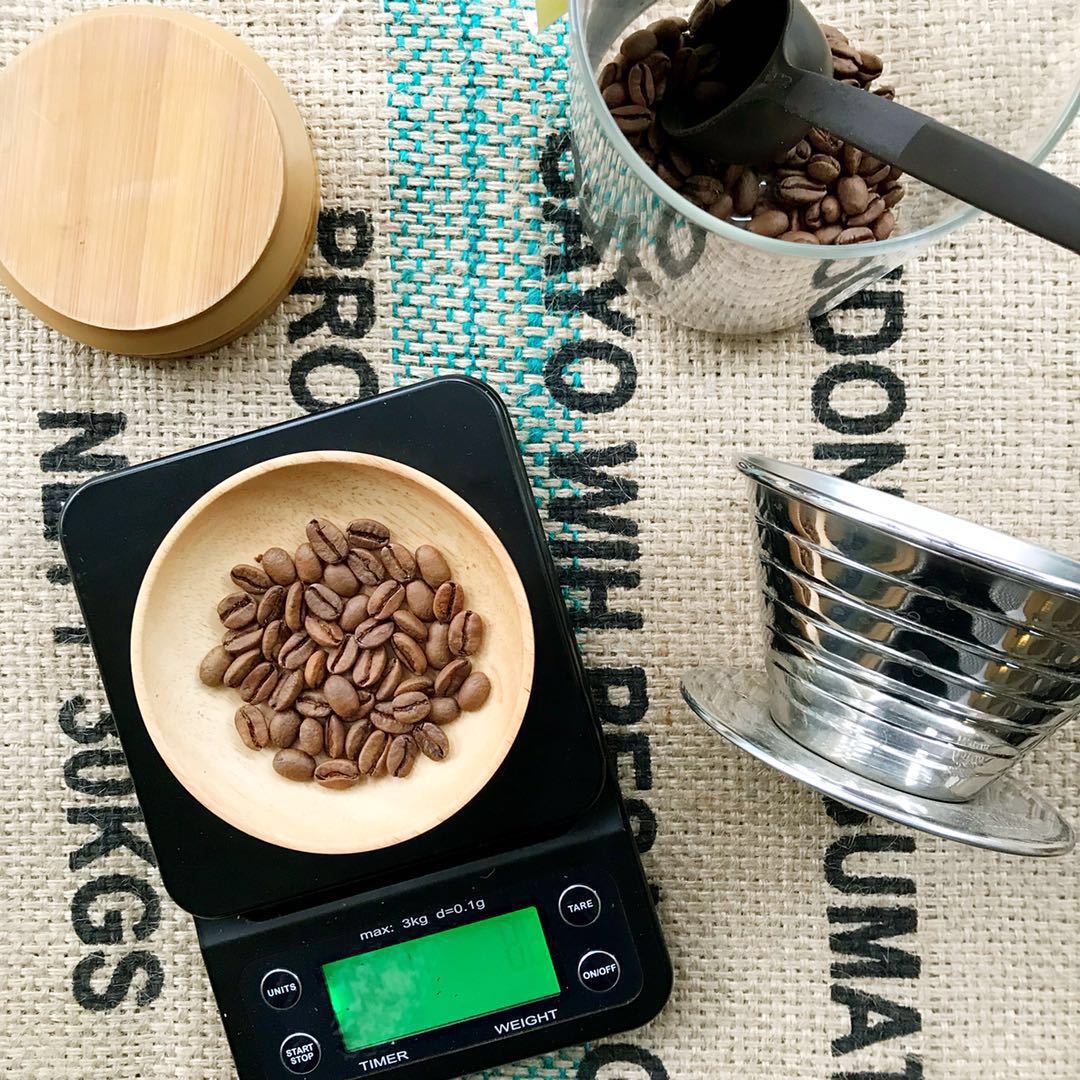Caffeine is a practical pick-me-up-compared to iced coffee, it's best to choose something hot!
Professional coffee knowledge exchange more coffee bean information please follow the coffee workshop (Wechat official account cafe_style)
What is the mechanism for eliminating drowsiness through caffeine?
We all know that the caffeine contained in coffee or refreshing drinks has a refreshing and sleepy effect. Here, on the premise that caffeine can suppress drowsiness, teach some ways to make good use of coffee to cheer you up.

One of the key points is that caffeine blocks an inhibitory neurotransmitter called Adenosine. The most representative effects of adenosine are as follows:
The original role of adenosine
In order to block the effect of adenosine...
The role of ① in promoting sleep
The effect of ② on reducing heartbeat and pulse velocity
The pain-inducing effect of ③
The effect of ④ on promoting Blood Circulation
The effect of ⑤ on renal blood flow velocity
Caffeine intake
→ suppresses drowsiness
→ increases heartbeat and pulse speed
→ relieves pain
→ relaxes blood circulation
→ is easy to urinate.
First of all, caffeine can block the "sleep-promoting effect of ①" of adenosine and have a waking effect. Caffeine itself is not a refreshing substance. In other words, the principle of "caffeine intake" is to artificially block naturally occurring drowsiness through caffeine. The function of caffeine is to deceive the brain from paying attention to the naturally occurring drowsiness.
Drinking only two or three cups of coffee won't make much difference, but if caffeine overintake persists chronically, it can cause the brain to lose its wakefulness and sleep rhythm. Natural drowsiness no longer comes at a natural time and may lead to insomnia.

To prevent this from happening, here are several key points for caffeine intake.
It is better to choose hot coffee than iced coffee
First of all, do you know which kind of caffeine has a faster effect than hot coffee or iced coffee? The answer is hot coffee. The low temperature of iced coffee can cause small intestinal mucosa and capillaries to contract, delaying the body's absorption of caffeine. At the same time, the concentration of caffeine in iced coffee rises a little slower than that in hot coffee. If you want caffeine to work as soon as possible, it is recommended to drink hot coffee.

Three cups of coffee at nine o'clock, 12:00 and three o'clock in the afternoon is the strongest caffeine strategy.
In addition, the effect of caffeine in the blood weakens, that is, the time it takes to reduce the concentration to only half of the highest value (half-life), which is about two and a half hours to four and a half hours in the case of healthy adults. However, the half-life also varies with age and physical condition, with young and healthy people an hour or two earlier, and older people with a later absorption rate of about four to five hours.
From the above, it can be seen that instead of drinking coffee one after another, it is better to wait until the blood concentration of caffeine decreases, which is the most efficient way to get caffeine.

By the way, what is the reason why caffeine intake makes people urinate frequently?
Urine is made by the kidneys, and one of the aforementioned effects of adenosine, the effect of ⑤ on kidney blood flow, is inhibited by caffeine intake, resulting in an increase in blood flow to the kidneys. The blood keeps flowing to the kidneys, and the kidneys continue to produce new urine, causing frequent urination.
In other words, caffeine intake before bedtime not only blocks drowsiness, but also increases the frequency of getting up and going to the toilet after falling asleep, which further lowers the quality of sleep.

At the same time, caffeine can also promote intestinal peristalsis, which can easily cause abdominal pain and diarrhea. People with bad intestines and stomach had better avoid excessive caffeine intake. Of course, for people with normal intestines and stomach, caffeine has a laxative effect.
Important Notice :
前街咖啡 FrontStreet Coffee has moved to new addredd:
FrontStreet Coffee Address: 315,Donghua East Road,GuangZhou
Tel:020 38364473
- Prev

Does American coffee lose weight? Why do stars drink iced American coffee while Brazilians don't drink American coffee?
Professional coffee knowledge exchange more coffee bean information please follow the coffee workshop (Wechat official account cafe_style) there is no American coffee in Brazil just want to taste the good original taste of Brazilian coffee in the country of origin, why is it so difficult! Brazil, which I like, and the United States, where I live for a long time, are obviously not good friends. Almost most countries in the world do not need U.S. Passport holders.
- Next

The way to make your iced coffee taste 10 times better-the method and secret of making iced coffee with perfect taste
Professional coffee knowledge exchange more coffee bean information Please pay attention to the coffee workshop (Wechat official account cafe_style) the weather is becoming muggy, every day to the coffee shop to buy a cup of cold and refreshing iced coffee, has become the choice of many coffee lovers. So, today, let's talk about the ice used to make iced coffee and some knowledge of ice. What's there to say about ice? That's from
Related
- Beginners will see the "Coffee pull flower" guide!
- What is the difference between ice blog purified milk and ordinary milk coffee?
- Why is the Philippines the largest producer of crops in Liberia?
- For coffee extraction, should the fine powder be retained?
- How does extracted espresso fill pressed powder? How much strength does it take to press the powder?
- How to make jasmine cold extract coffee? Is the jasmine + latte good?
- Will this little toy really make the coffee taste better? How does Lily Drip affect coffee extraction?
- Will the action of slapping the filter cup also affect coffee extraction?
- What's the difference between powder-to-water ratio and powder-to-liquid ratio?
- What is the Ethiopian local species? What does it have to do with Heirloom native species?

